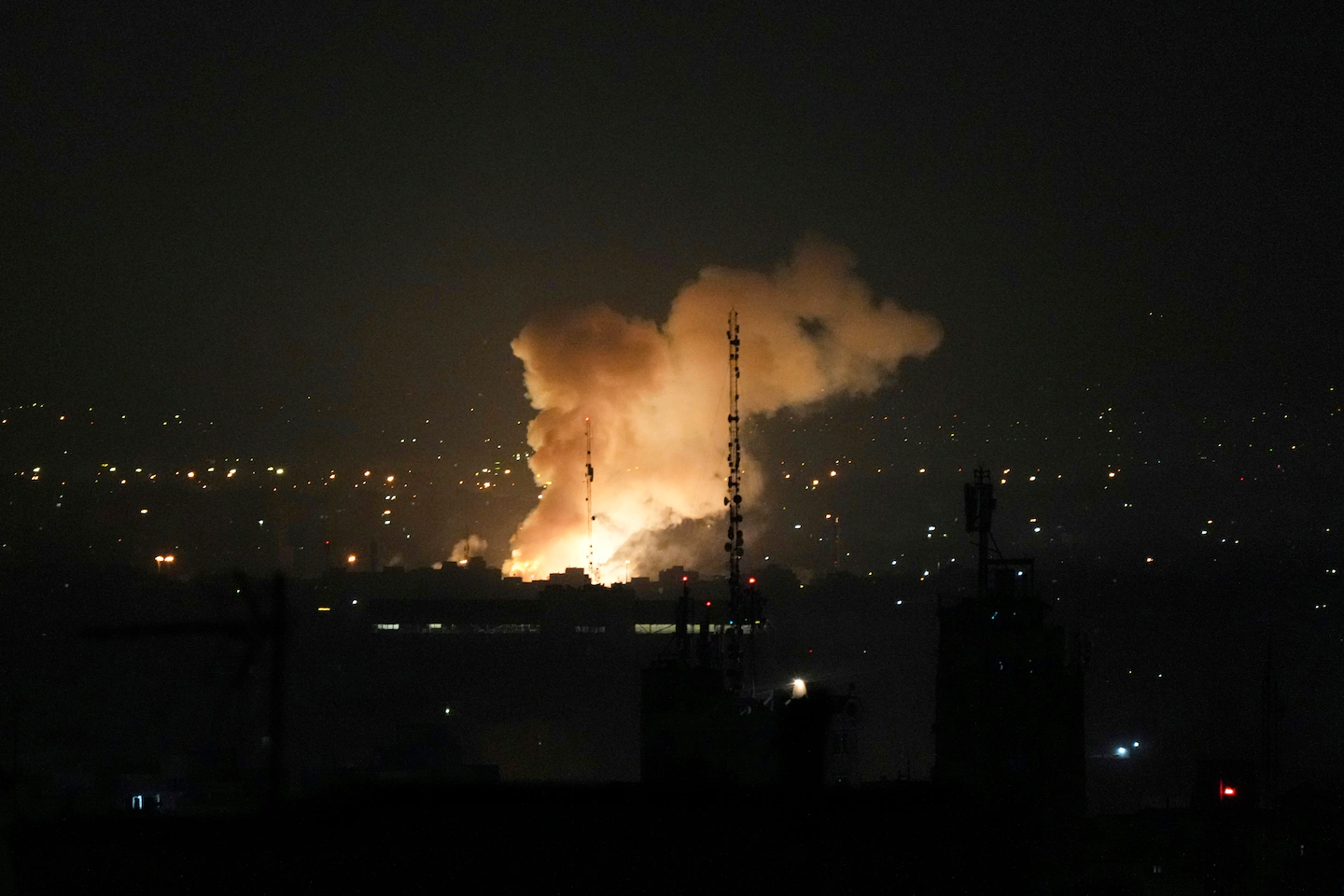In a dramatic escalation of Middle East tensions, the Israeli Defense Forces (IDF) have launched a preemptive and coordinated military operation against key components of Iran’s nuclear program. The strikes, confirmed in an early morning statement by the Israeli government, are being described as a necessary response to an “imminent and existential threat” posed by Iran’s expanding uranium enrichment activities.
According to military sources, the offensive included precision airstrikes on several nuclear facilities across Iran that are believed to be integral to its uranium enrichment capabilities. These targets were reportedly identified based on recent intelligence and assessments from the International Atomic Energy Agency (IAEA), which stated Iran had accumulated nearly 408.6 kilograms of uranium enriched to 60% as of mid-May 2025. This level of enrichment places Iran alarmingly close to the weapons-grade threshold of 90% purity.
The IAEA further reported that Iran’s overall low-enriched uranium stockpile has reached approximately 5,060 kilograms, marking a 90% increase since 2021. Analysts estimate that Iran’s current reserves could potentially be sufficient to produce up to 15 nuclear bombs, depending on weaponization capability and delivery systems.
The Israeli strike follows a year of heightened hostilities between the two regional powers. In October 2024, Iran launched Operation True Promise II, firing 200 ballistic missiles toward Israeli territory, which significantly raised regional alarm. Earlier in April 2024, an Israeli strike on Iran’s consulate in Damascus killed several top Iranian military officials, further fueling the cycle of retaliation.
While Israeli officials maintain that the recent operation was launched based on actionable intelligence indicating Iran was nearing a nuclear breakout, Tehran has consistently denied any intention of developing nuclear weapons. Iranian authorities insist their nuclear program is purely for civilian energy purposes and remains within the framework of international law.
Iranian state media have not yet issued a formal response to the strikes, but regional observers warn that retaliation could be imminent, potentially drawing other actors into the conflict. The United States has clarified that it was not directly involved in the Israeli operation but has placed its forces in the region on high alert, citing the need to protect American personnel and assets.
Military analysts have expressed skepticism over whether a single strike can significantly cripple Iran’s nuclear program, given the dispersion and fortification of many of its key facilities, including deep-underground enrichment plants. As diplomatic channels brace for the fallout, international calls for de-escalation are expected to intensify in the coming hours.













